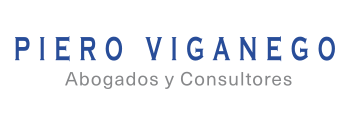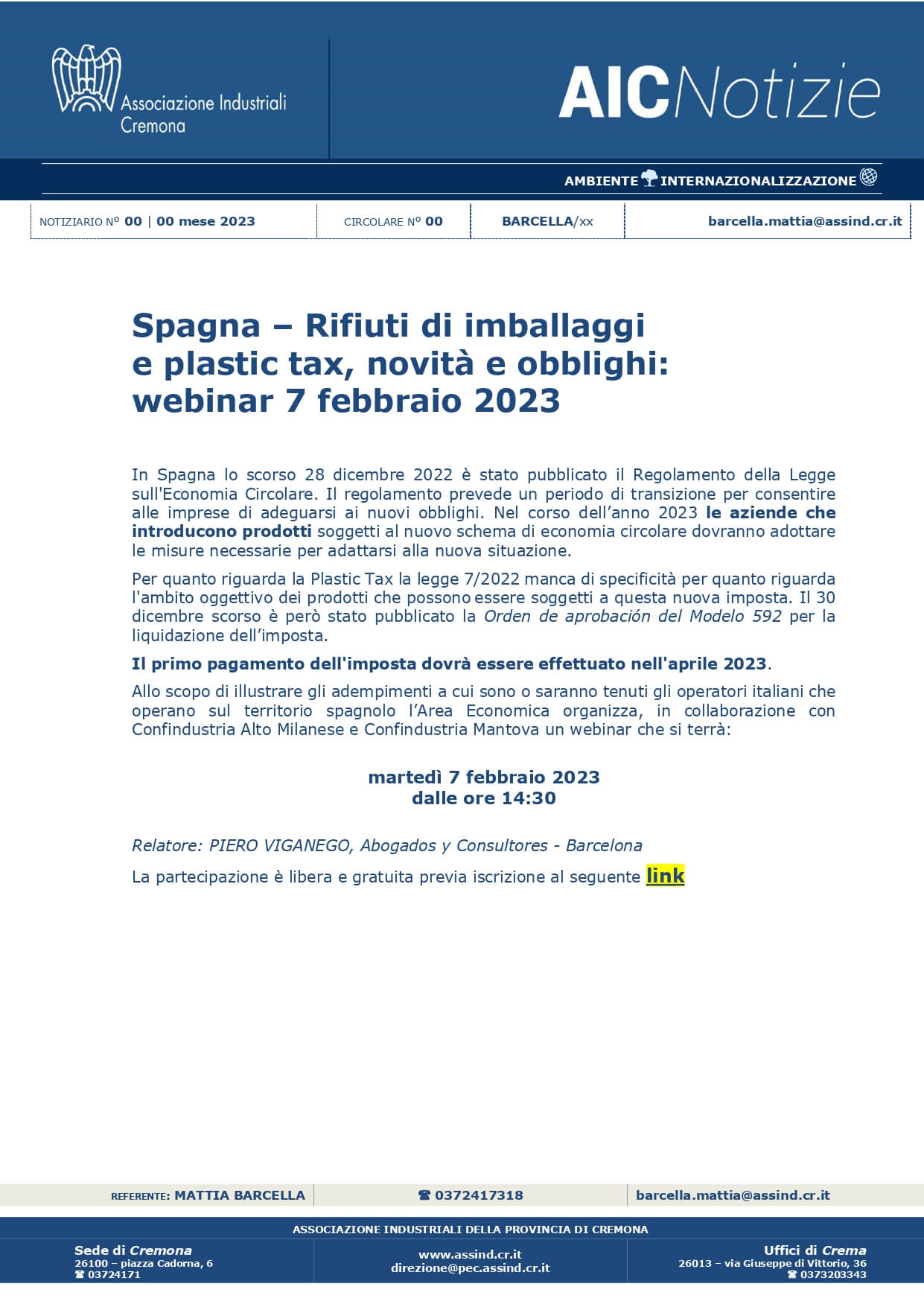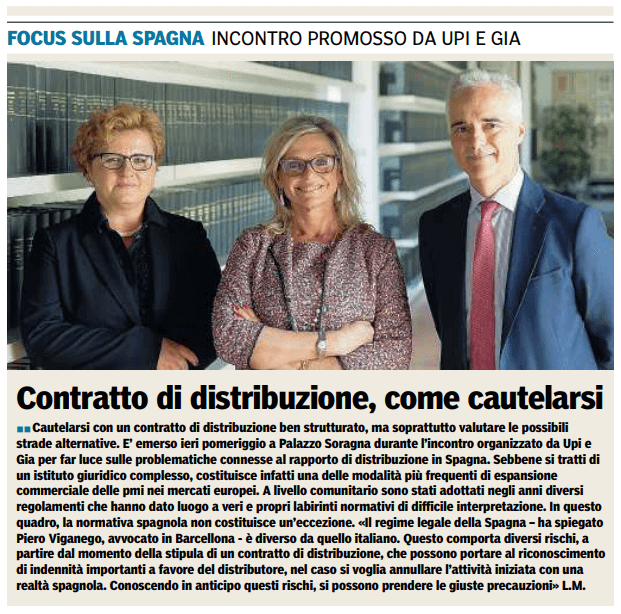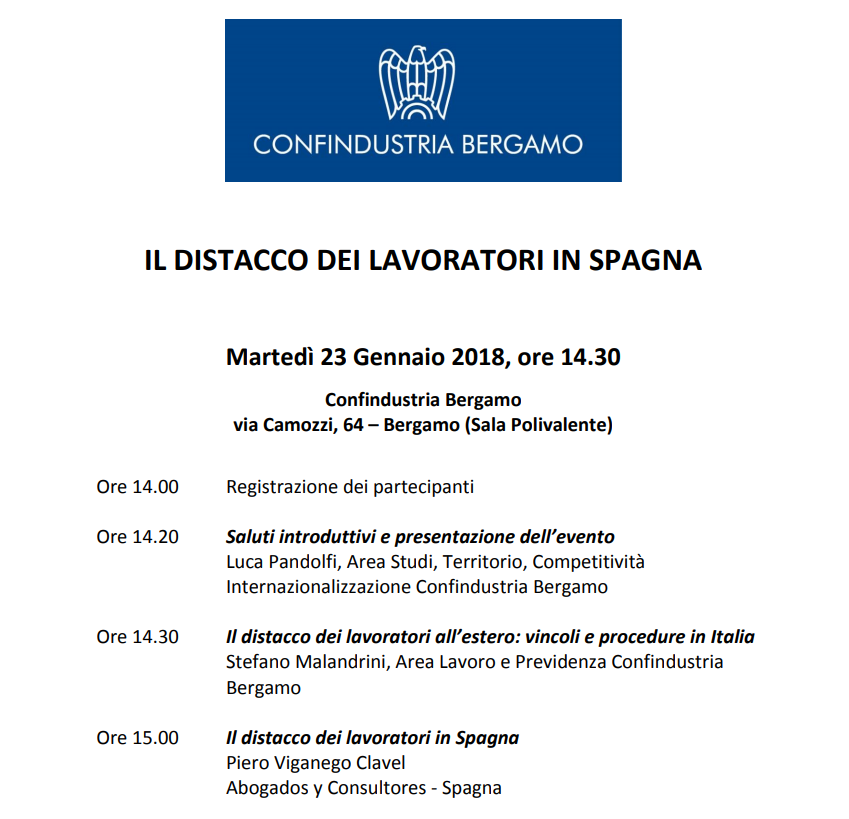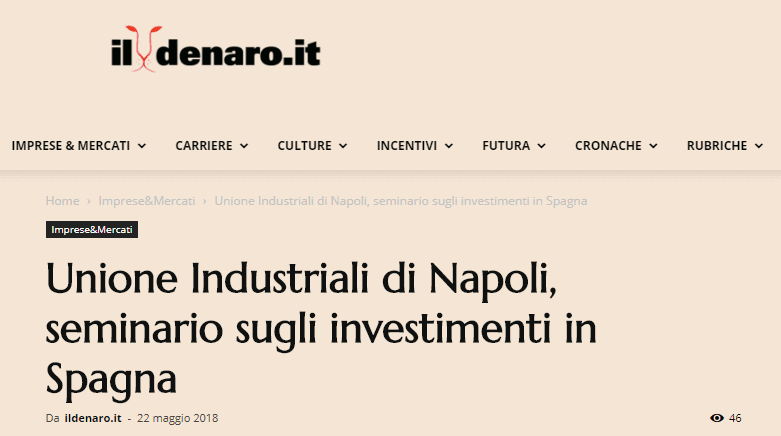IMMEDIATE SUPPLY OF INFORMATION (THE “SII” SYSTEM)
The IMMEDIATE SUPPLY OF INFORMATION (the Spanish acronym of which is “SII”) comes into force on 1 July 2017. It is a modification of the current management system of the Value Added Tax (VAT), since, from now on, there is a new system for keeping the VAT records via the Spanish Agency for Tax Administration’s website (AEAT), through an almost immediate supply of the billing records.
This way, the new “SII” system allows bringing two moments closer together: the moment of registering and accounting invoices and the moment of the economic transaction which underlies such operations.
The aim of introducing this new system is to improve both taxpayer assistance and tax control.
This system will be applicable and mandatory for the following taxable persons who are required to account for the VAT on a monthly basis:
- Registered in the VAT Monthly Return Register (REDEME).
- Large companies (with a turnover in excess of 6.010.121,24).
- VAT groups.
It will also be applicable for all those who wish to benefit from it.
Recently, the Ministerial Order HFP/417/2017 has approved the technical specifications and regulations which develop the VAT record keeping through an electronic register. It enters into force on 1 July 2017.
In addition, the Royal Decree 529/2017 of 26 May has been passed. It regulates the possibility of taxpayers under the VAT Monthly Return system and VAT Groups to forego such system and / or group.
Order of the EU Court of 12 January 2017. A Holding company supplying services to its subsidiaries free of charge cannot deduct the VAT paid upon acquired goods and services.
The Directive 2006/112/EC on the common VAT system does not allow a Holding involved in the management of its subsidiaries, that has charged those subsidiaries neither for the cost of the services procured in the interest of the group of companies as a whole or in the interest of certain of its subsidiaries, nor for the corresponding VAT, does not constitute an ‘economic activity’, within the meaning of that directive, such a holding company does not have the right to deduct input VAT paid in respect of those services in so far as those services relate to transactions falling outside the scope of that directive.
VAT for the expenditures in acquisition of shares
The expenditure connected with the acquisition of shareholdings in subsidiaries incurred by a holding company which involves itself in their management and which, on that basis, carries out an economic activity must be regarded as belonging to its general expenditure and the value added tax paid on that expenditure must, in principle, be deducted in full, unless certain output economic transactions are exempt from value added tax under Sixth Directive 77/388, as amended by Directive 2006/69, in which case the right to deduct should have effect only in accordance with the procedures laid down in Article 17(5) of that directive.
However, if the holding company which involves itself in the management only of some of those subsidiaries and which, with regard to the others, does not, carry out an economic activity, must be regarded as only partially belonging to its general expenditure, so that the value added tax paid on that expenditure may be deducted only in proportion to that which is inherent to the economic activity, according to the criteria for apportioning defined by the Member States, which when exercising that power, must have regard to the aims and broad logic of the Sixth Directive and, on that basis, provide for a method of calculation which objectively reflects the part of the input expenditure actually to be attributed, respectively, to economic and to non-economic activity, which it is for the national courts to establish.
Approval of Model 368 for VAT returns on services provided electronically, in cases where Spain is the Member state of identification
Our law firm can lodge online VAT returns for services rendered over the Internet, including the following:
a) Supply and housing of IT sites.
b) Remote program and equipment maintenance.
c) Supply of programs and upgrades.
d) Supply of images, texts and information, along with database provision.
e) Supply of music, films, games, including games of chance or cash, and political, cultural, artistic, sporting, scientific and leisure broadcasts and manifestations.
f) Distance education.
18/03/2015


